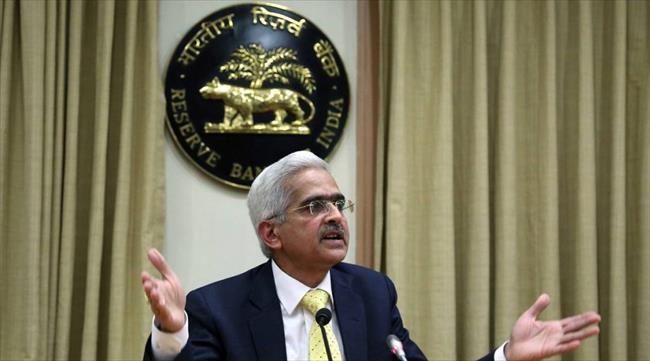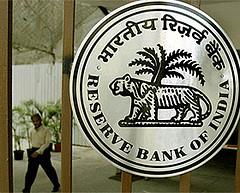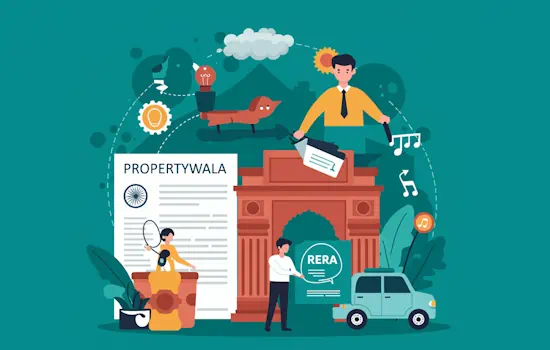
The Reserve Bank of India's choice to keep the repo rate steady at 5.5% during its October 2025 review fosters a stable backdrop for Jaipur's property scene. This, alongside GST tweaks, drives buyer interest in affordable homes, sparking festive season sales in this tier-2 city. Developers note rising demand for long-term value.

The Reserve Bank of India's choice to hold the repo rate steady at 5.50% during its October 2025 meeting has sparked positive reactions from real estate developers and experts. This decision is set to keep home loan interest rates stable, fostering ongoing buyer confidence in the Delhi NCR property market and supporting sector growth.

RBI's 50-bps repo rate cuts have boosted Delhi's mid-segment housing demand, with a 15% rise in inquiries for homes between ₹50 lakh-₹1 crore. Lower EMIs and improved affordability are driving renewed buyer interest post-reduction.

The Reserve Bank of India (RBI) uses the repo rate, the interest rate at which it lends to commercial banks, to control inflation.

India's real estate market is booming, driven by factors like changing consumer preferences, government policies, and technological advancements. The market is expected to reach $1 trillion by 2030.

Indian home prices are projected to rise by 7% this year and next, driven by luxury real estate demand. The affordable housing gap remains a concern despite interest rate hikes by the Reserve Bank of India.

Indian HNWIs and UHNWIs display strong economic optimism, with 71% planning real estate purchases in the next two years, driven by capital appreciation.

Real estate developers are requesting loan restructuring, interest moratoriums, and more liquidity support from the RBI after their Covid relief package announcement.

Bangalore surpasses Mumbai as India's most expensive city, according to RBI's CPI. High living costs attributed to the IT industry and inflated prices of essential goods.

India’s major infra companies have paid over $1 billion in finance and interest costs during H1 of the current fiscal, causing significant margin dents.

The Reserve Bank of India cut the repo rate by 0.25%, a move welcomed by realtors but deemed insufficient by some developers who believe a larger cut is needed to significantly impact the real estate sector.

Finance ministry officials and RBI plan to meet to discuss relaxing external commercial borrowing norms to enhance affordable housing projects in India.

Mumbai's residential property prices have increased by 2.9% to Rs. 11,626 per sq. ft. However, property sales have slowed down, with only a marginal increase of 1%.

Union government may confer infrastructure status to housing sector in upcoming budget, aiming to provide affordable homes and boost supply.

The Reserve Bank of India has reduced the Repo Rate, allowing banks to offer home loans at lower interest rates, benefitting new borrowers significantly.

Mumbai's real estate market shows signs of recovery with increased property registrations and new project launches. Festive occasions, discounts and lower interest rates are driving demand.

Mumbai faces longer sales times for its 1.13 lakh unsold units due to high prices, despite having fewer unsold units than Delhi NCR. Rate cuts by RBI could boost sales.

ICICI Bank reported a 31% quarterly profit increase, anticipating loan growth supported by a recent rate cut despite concerns about India's economic outlook.

RBI's annual Credit Policy sparks optimism in the affordable housing segment, with realtors hopeful for lowered interest rates. However, concerns over inflation persist.

Despite a slowdown in GDP, office space absorption in India remained consistent in 2011-12. However, the outlook for 2012-13 appears challenging for developers.

The RBI's decision to cut key lending rates by 50 basis points is seen as a significant boost for the real estate sector, benefiting both developers and home loan customers.

Indian companies' overseas investments rose 37.6% to $2.77 billion in March, with major investments in real estate and services

Mumbai faces a real estate crisis with Rs275 billion invested since 2005 yielding few returns, leaving many flats vacant and buyers confused amid rising costs and regulatory changes.

India's property market to attract $3 billion from overseas buyers, despite high prices, driven by robust economy and growing middle-class population.

Bank lending to commercial real estate sees 12.2% growth, driven by unlisted developers taking a larger share, despite claims of credit shrinkage from listed firms.